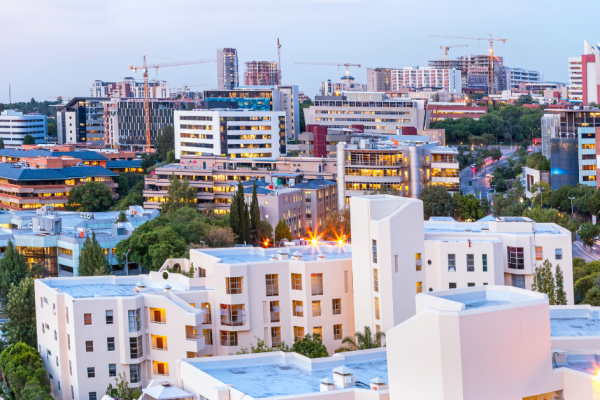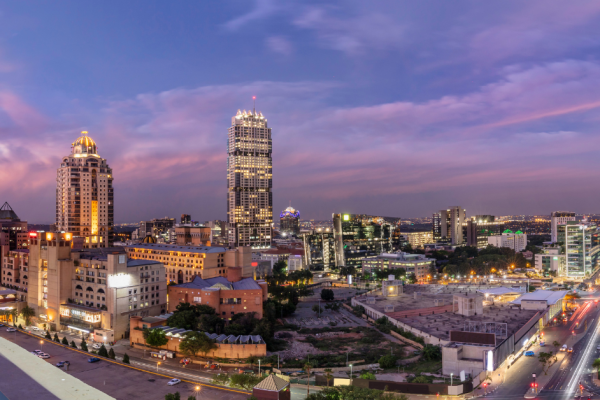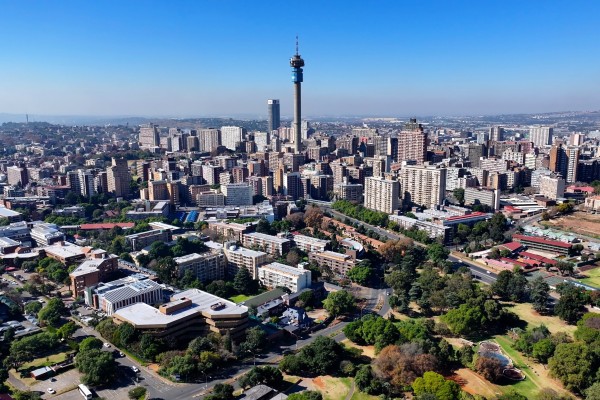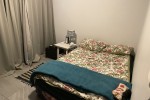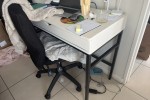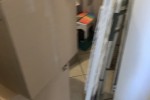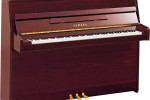The cost of living in Johannesburg in 2025

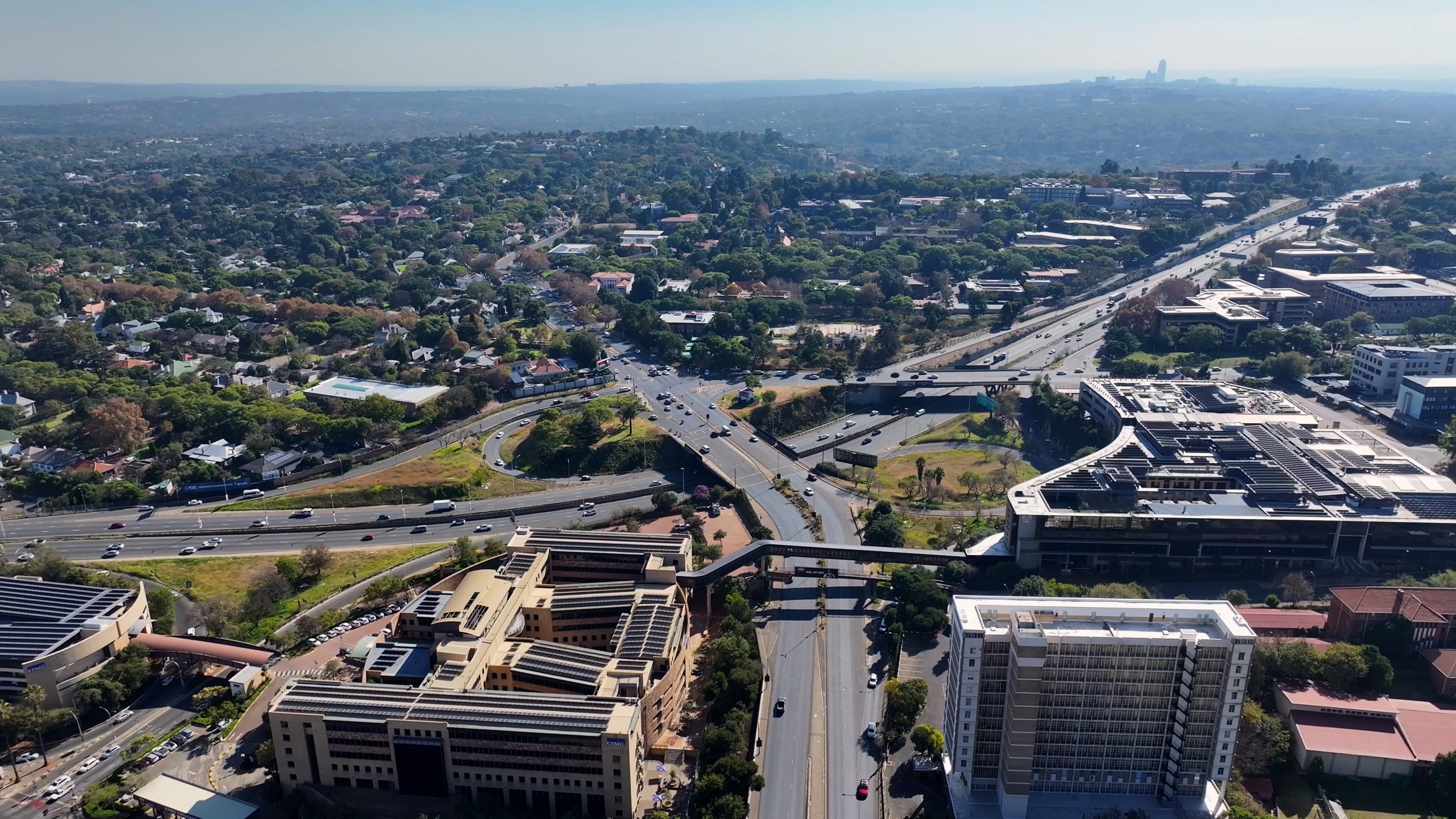
Johannesburg. Jozi. Egoli. 'The City of Gold'. Whatever you call it, this is South Africa’s beating economic heart. It's a place where business deals happen over cappuccinos and neighbourhoods buzz with character. And yes, you can still find a home that doesn’t swallow your entire salary.
Why people are moving to and within Johannesburg
Johannesburg isn’t just the country’s economic powerhouse. It’s also one of its most mobile. According to the 2025 Wise Move Migration Report, here’s where locals are moving:
- Sandton (26.5%): Corporate HQs, sleek apartments, and a walkable lifestyle make this Joburg’s undisputed career hub.
- Johannesburg Central (18.7%): Where historic charm meets urban buzz, it's an ideal spot for professionals and creatives.
- Randburg (16.5%): Affordable, green, and family-friendly. It's a top pick for first-time buyers and young families.
- Midrand (11.2%): Perfectly placed between Joburg and Pretoria, this area is rising fast in popularity. There are also many fancy new developments to make your home.
- East Rand suburbs, including Boksburg (4.3%), Kempton Park (3.8%), Benoni (3.2%) and Edenvale (2.4%): These growing hubs offer solid value, shorter commutes, and suburban ease.
Moving here for work, study, or lifestyle reasons? This guide breaks down the real numbers so you can figure out exactly what it costs to live in Johannesburg in 2025. From rent and groceries to healthcare and weekend fun, here’s your complete picture of Jozi life.
Housing costs in Joburg: renting vs buying
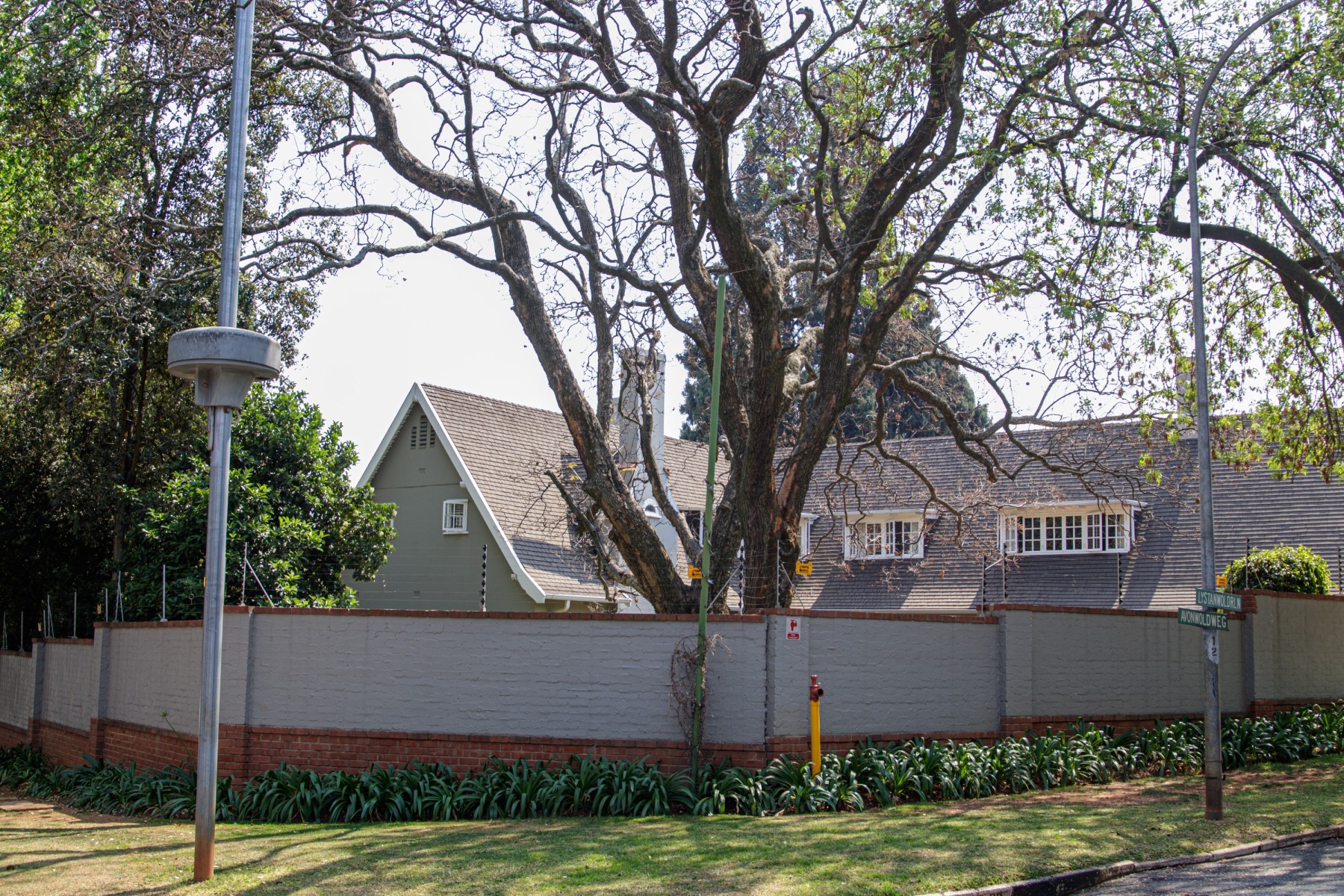
If you’re moving to Joburg, housing will probably take the biggest bite out of your budget. Here's what you can expect to pay in some of Jozi's most expensive suburbs.
The good news is that the large majority of Joburg's suburbs are more affordable than Cape Town (and way cheaper than most major global cities). Every suburb has its own personality, price tag, and perks. It really depends on what you're looking for.
Are you a young professional chasing the buzz of nightlife? Do you have a family and are looking for lots of space and access to the best schools in Jozi? Or are you someone who just wants maximum value for money?
Then you’ll need to decide if renting or buying makes more sense for you and your budget.
Is buying in Joburg worth your buck?
According to Lightstone's 2025 residential market report shows that the average sale price of residential properties in Johannesburg has stabilised at around R1,350,000. Sectional-title units (like townhouses and apartments) are selling for between R650,000 and R850,000. You can expect modest price growth in 2025, steady enough to feel confident without fuelling a bidding frenzy.
Johannesburg 3-bedroom house cost comparison (2025)
| Category |
Suburb |
Average cost |
|
Affordable |
Ferndale, Windsor East, Weltevreden Park | R1,000,000 to R1,800,000 |
|
Mid-range |
Blairgowrie, Linden, Greenside, Parkhurst |
R1,600,000 to R3,000,000 |
|
Premium |
Sandton, Rosebank, Hyde Park, Bryanston |
R3,000,000 to over R10,000,000 |
What rental prices will get you in Joburg
Rent prices in Johannesburg are approximately 32.6% lower than in Cape Town, according to Numbeo’s data.
To put it in perspective, a one-bedroom apartment in Joburg's city centre averages at R7,632.00 per month, compared to R13,564.81 in Cape Town's CBD.
With that difference, you may have extra budget for a few dinners out or even a weekend getaway.
Jozi’s rental market is also flexible. This means you have options to rent first as a way to test-drive a neighbourhood before committing to buy.
Budget-friendly (R5,000–R9,000 per month for 1–2 bedrooms)
Johannesburg has no shortage of older, but well-kept apartment blocks that offer excellent value. These suburbs are great for first-time renters, students, or anyone prioritising affordability without sacrificing convenience. Most are close to shops, malls, parks, and reliable public transport.
- Ferndale (Randburg): Affordable flats close to main roads, with taxis and bus routes aplenty.
- Windsor East: Budget rentals within walking distance of Cresta Shopping Centre and good transport routes.
- Weltevreden Park: Leafy and peaceful, with family-friendly green spaces and a low-key suburban feel.
Mid-Range (R9,000-R14,000 per month for 1–2 bedrooms | R14,000–R20,000 for family homes)
Often called the 'green jungle' thanks to its tree-lined suburbs, Jozi’s mid-range areas are a sweet spot for young families and professionals. They offer suburban calm with quick access to the city. Expect a mix of apartments, free-standing homes, and charming cottages at competitive prices.
- Linden: Large, well-established properties with spacious apartment blocks clustered near its charming village-like centre. Expect artisanal bakeries, weekend markets, and a thriving café culture.
- Greenside: A sprawling, leafy suburb with generous stands and graceful old-Joburg homes. The lively centre includes favourites like the original Doppio Zero and an array of buzzing cafés.
- Parkhurst: A perfect grid of approximately 495 m² property stands, offering a blend of heritage homes and bold modern builds. 4th Avenue is the beating heart, with walkable dining streets, boutiques, and a short hop to Rosebank.
- Blairgowrie: Family-friendly and dotted with parks, bordered by Delta Park. You’ll find all the essentials close by, plus quick routes to Sandton, Randburg, and other job hubs.
Premium (From R14,000/month for 1–2 bedrooms | From R20,000 for family homes)
For executives, expats, and anyone after top-tier finishes, gated security, and lifestyle perks, these areas deliver the City of Gold’s most prestigious addresses. Think luxury homes, secure estates, and quick access to Joburg’s business heart.
- Sandton: Corporate capital of South Africa, with sleek high-rises, rooftop pools, and luxury apartments steps away from offices, malls, and fine dining.
- Rosebank: Highly walkable with modern apartments, top-notch restaurants, art galleries, and the Gautrain on your doorstep.
- Hyde Park: Exclusive homes on leafy avenues, with elite private schools and high-end shopping at Hyde Park Corner.
- Bryanston: Large family homes in secure estates, often with big gardens, top schools nearby, and quick access to Sandton’s corporate hub.
What you're really paying for basic services in Joburg
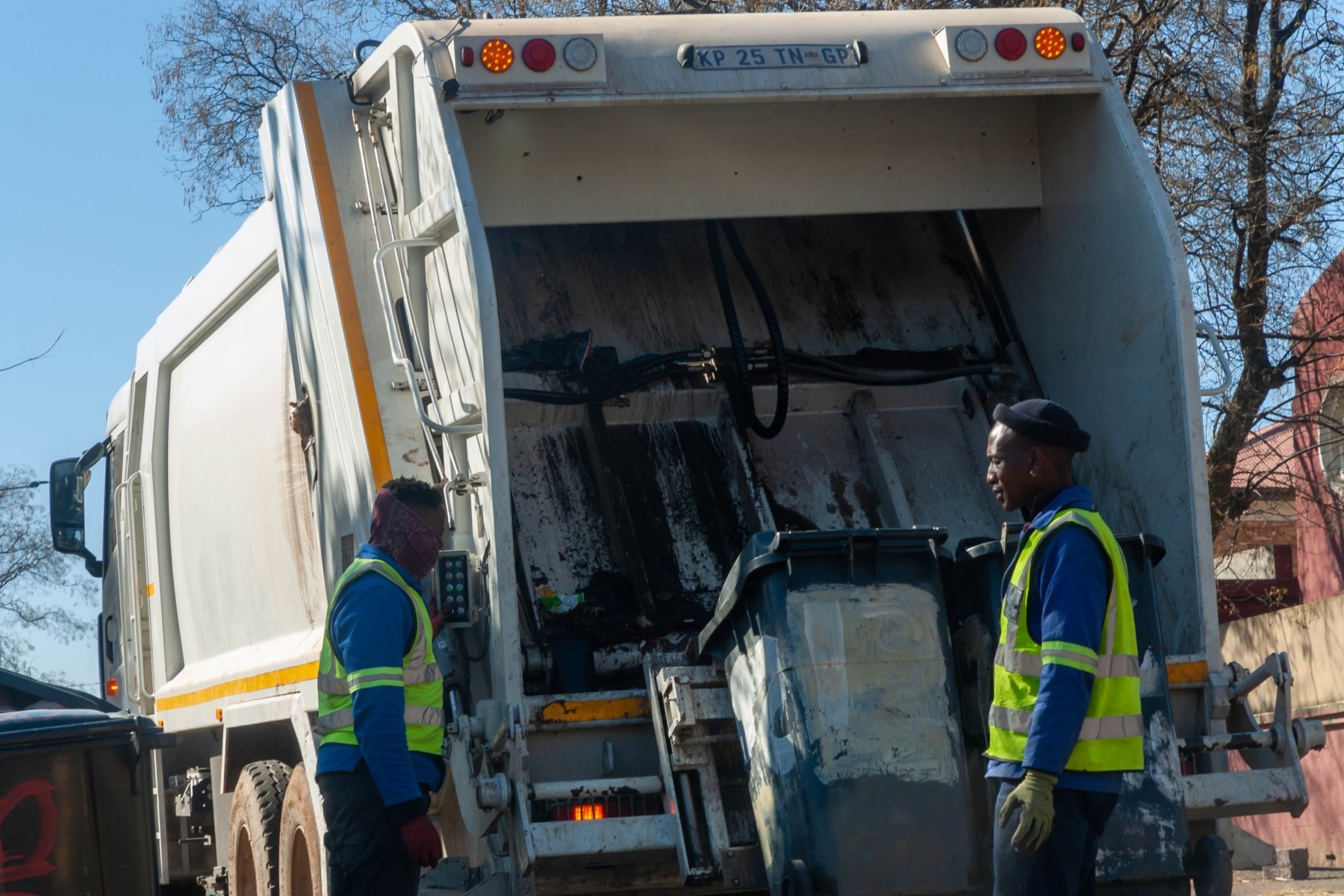
The cost of utilities (electricity, water and rubbish removal)
Let’s be honest, your utility bill isn’t as exciting as a weekend in Maboneng. It's, however, part of life here and something you’ll want to budget for smartly.
Numbeo’s 2025 data shows that basic utilities in Johannesburg for a 2-bedroom apartment come to about R2,147.82 per month. That’s a good baseline to start from.
The City of Johannesburg’s 2025/26 budget has also confirmed tariff hikes. Electricity is set to increase by 12.4%, water and sanitation by 13.9%, and refuse removal by 6.6%. That means if you’re paying around R2,148 now, you could see your monthly bill creep closer to around R2,400 before adding internet costs.
What locals pay for fibre
Jozi’s fibre market is competitive, and you can find good deals if you shop around:
- Afrihost: Packages from R399 per month for uncapped fibre.
- Vox: Promos from R335 per month for 30 Mbps.
Depending on your provider, speed, and plan, your fibre bill will likely fall between R335 and R758 per month for uncapped service.
Groceries: What Joburgers really spend (and where to save)
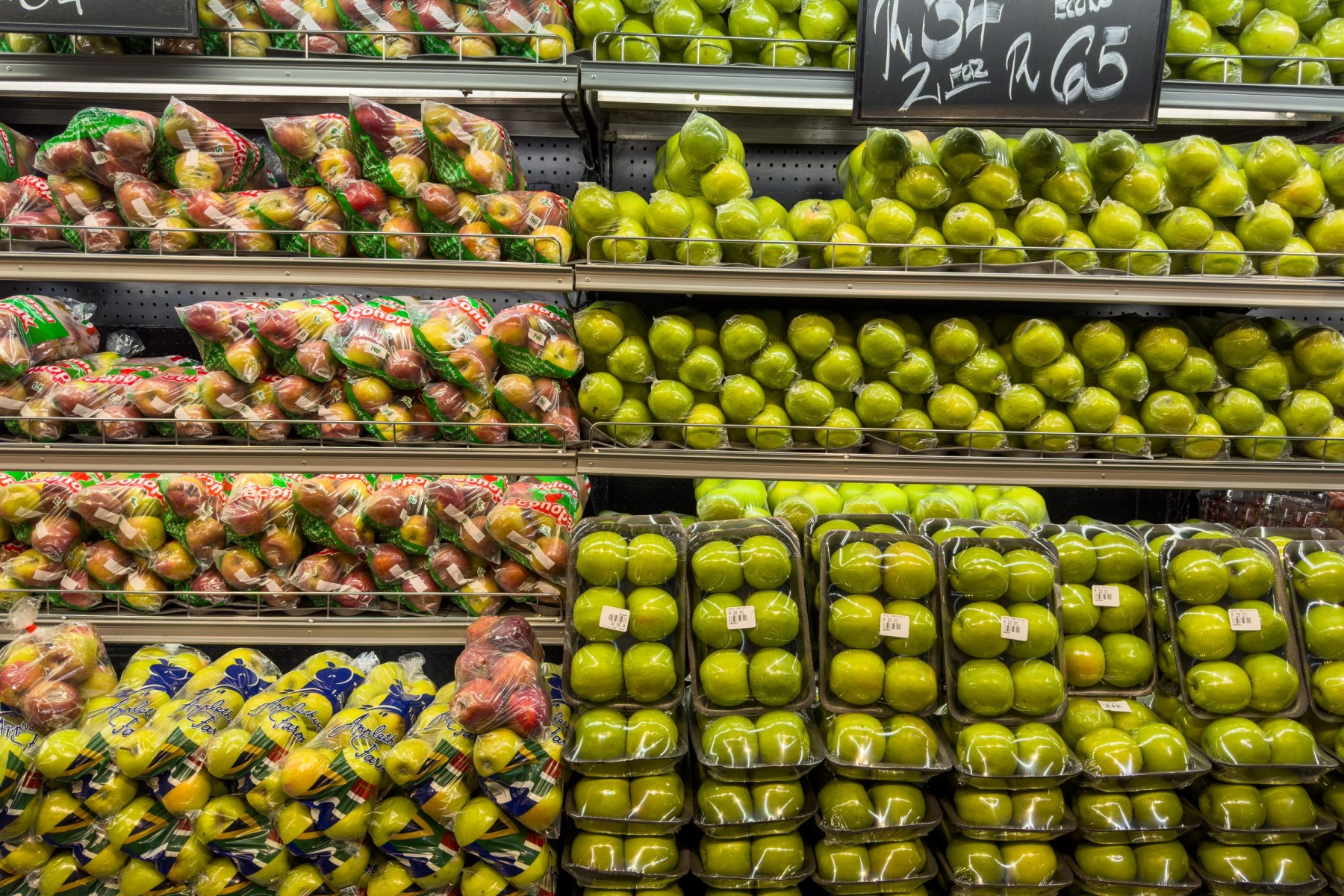
Grocery shopping in Joburg is rarely anyone’s idea of a fun Saturday morning. It’s that ' tick it off the list' chore. It’s also easy to shop without a plan, buying for the sake of buying, grabbing convenience meals, or indulging because, well… it’s been that kind of week.
The thing is, knowing your numbers is the difference between cruising through the month or ending up in the dreaded 'beans on toast' zone.
Where to shop to make your rands go furthest
In May 2025, BusinessTech's comparison of South Africa's food stores found:
- Food Lover’s Market: Cheapest basic 9-item basket at R384.38
- Checkers: Second place at R418.91 (still beating Pick n Pay and Woolies)
If that basket lasted you a week, you’d spend around R1,700 per month on the bare basics. Add fresh fruit, meat, and the occasional sushi night, and you’re in the R2,000 to R3,500 per person range
Looking at the numbers
According to Stats SA, a basic monthly food basket that feeds a family of four in Johannesburg will set you back around R5,555. That's more than in Cape Town (R5,255) or Durban (R5,360).
Why the price difference?
- Cheaper in Jozi: Red meat, thanks to proximity to local farms.
- Pricier in Jozi: Fresh produce and seafood, which travel far to get here.
If you’re a foodie with champagne tastes and a flat-white habit, you could be looking at R15,000 per month to feed a family of four. Food inflation has been biting especially hard on imports like coffee, chocolate, and cheese. And let's be real, we all like to throw these items into our Woolies basket of 'just a few essentials'.
Cost of groceries revealed by real voices from r/Joburg
So what do actual Joburg locals spend on groceries? We looked at real-life voices from r/Joburg threads to give you some answers.
“Groceries for R3k amounts to R100 per day… You could spend less if you wanted.”
“We only shop at Checkers, Frontline, and our local butchery — R3.5k for two people.”
“You can get away with 2–3k if you meal prep and stick to basics.”
The pattern? Smart shoppers mix it up. You can get your fresh produce from Food Lover’s Market, pantry staples from Checkers (especially their Xtra Savings deals), and meat from local butcheries.
How much you'll spend eating out in Joburg (and where to go)
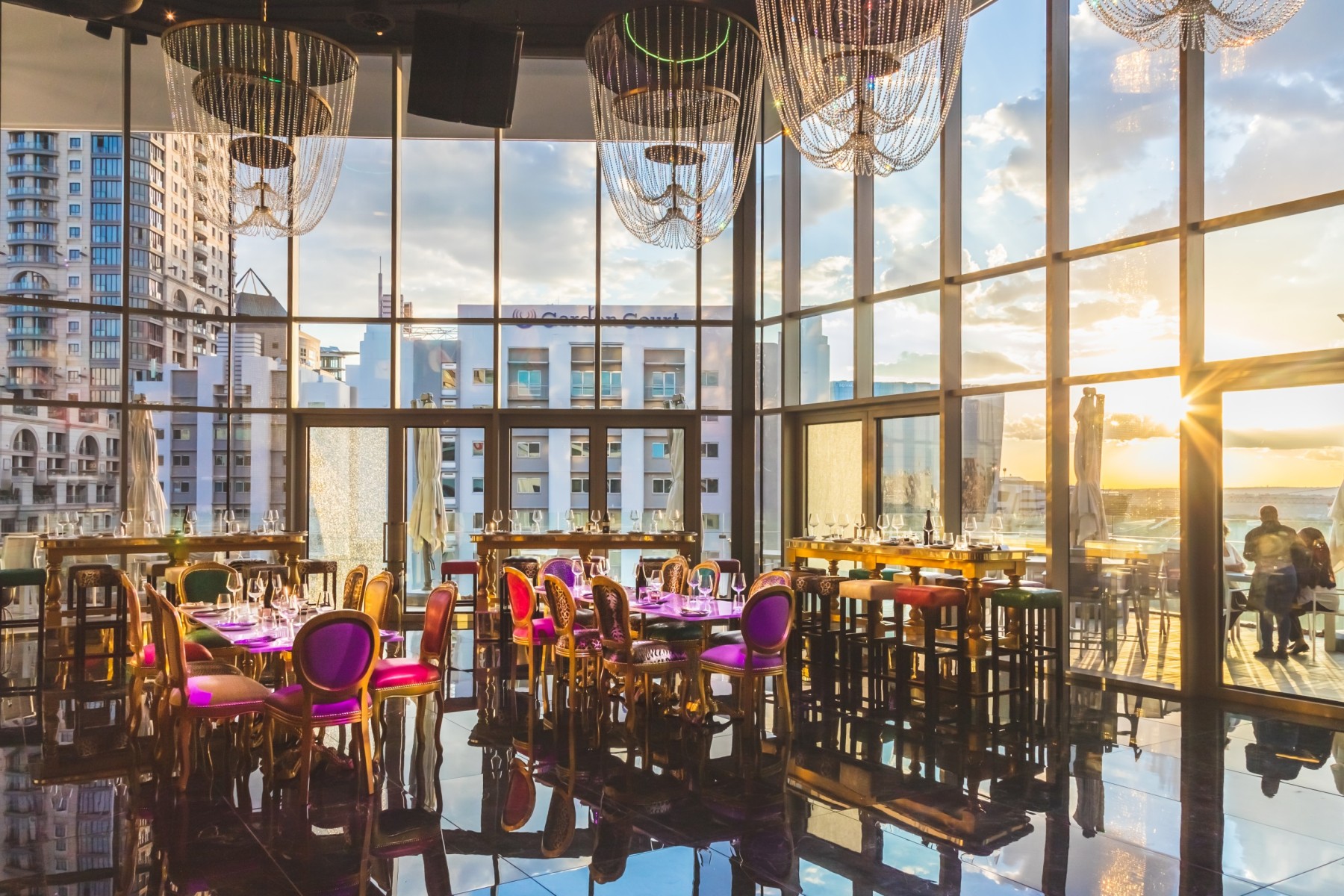
Eating out in Joburg can be as budget-friendly or as indulgent as you want. It really depends on where you pull up a chair. You can grab a killer street-side curry for under R50, for example. Put down a couple of hundred for a relaxed mid-week dinner. Or splash out on a fine-dining experience that’ll rival Cape Town’s top spots.
According to Numbeo’s 2025 data:
- A mid-range three-course meal for two averages R800, which is notably less than Cape Town’s R900.
- Casual meals cost around R86 (think McMeal), and a domestic beer runs about R50.
- With upscale fare and cocktails, you can easily surpass R1,000 per person, depending on the venue and drinks.
Below are some of the most beloved local food spots for each budget range, according to Reddit's ultimate guide to Jozi's restaurant scene
Affordable eats (Under R150 per person)
Perfect for quick lunches, student budgets, or 'end-of-month' survival mode.
- Dosa Hut (Fourways & CBD): A no-frills Indian eatery known for wallet-friendly dosas and masala teas, a go-to for quick, flavourful breakfasts.
- Kara Nichha’s (Fountainbleau & Midrand): Vegetarian-focused quick-service Indian spot; expect grab-and-go roti rolls and patties, typically priced under R35 according to their menu listings.
- Fish Hook (Cresta & Fourways): Classic fish & chips done well. Fans say it rivals Cape Town’s best at much lower prices.
- Chicken Licken (Various locations): South Africa’s fried chicken royalty. Known for its hot wings, Soulfire sauce, and unbeatable value for money.
Mid-range meals (Around R300–R450 per person)
Date nights, family dinners, or catching up with friends.
- Parkhurst Strip (4th Avenue): The much-loved foodie stretch featuring Moderna, Bottega, Fat Zebra, and The Station.
- PRON, aka People’s Republic of Noodles (Linden): Bold Northern Chinese flavours in a cosy, contemporary space. Known for hand-pulled noodles, spicy dumplings, and family-style dining.
- Banchan Korean Restaurant (Parkmore): Authentic Korean BBQ and homestyle dishes, with all the side plates (“banchan”) you can eat. A hit with adventurous eaters.
Premium dining (R450+ per person)
For big occasions or a serious treat.
- Marble (Rosebank): South African fire-cooking meets high-end dining, with city views and a wine list that rivals top international restaurants.
- Chunky Chau (Rosebank): Pan-Asian fusion with a playful, high-end twist from sushi to tea-infused cocktails.
- Café del Sol Botanico (Bryanston): Italian fine dining meets botanical-inspired décor. Fresh pasta, seafood, and beautifully plated mains in a lush, light-filled space.
Comfort food (grab and go)
Affordable, hearty, and perfect for lazy nights
- Harlem Kitchen (Craighall Park): A vibrant, cosy burger joint known for gourmet patties (including veggie options), speciality milkshakes, and a laid-back atmosphere. Located at the corner of Jan Smuts and Westminster.
- Jolly Roger (Parkhurst): A legendary Parkhurst pub known for its thin-crust pizzas, relaxed charm, and half-price pizza specials on Wednesdays and Sundays. A local institution through and through.
How much does public transport cost in Joburg?
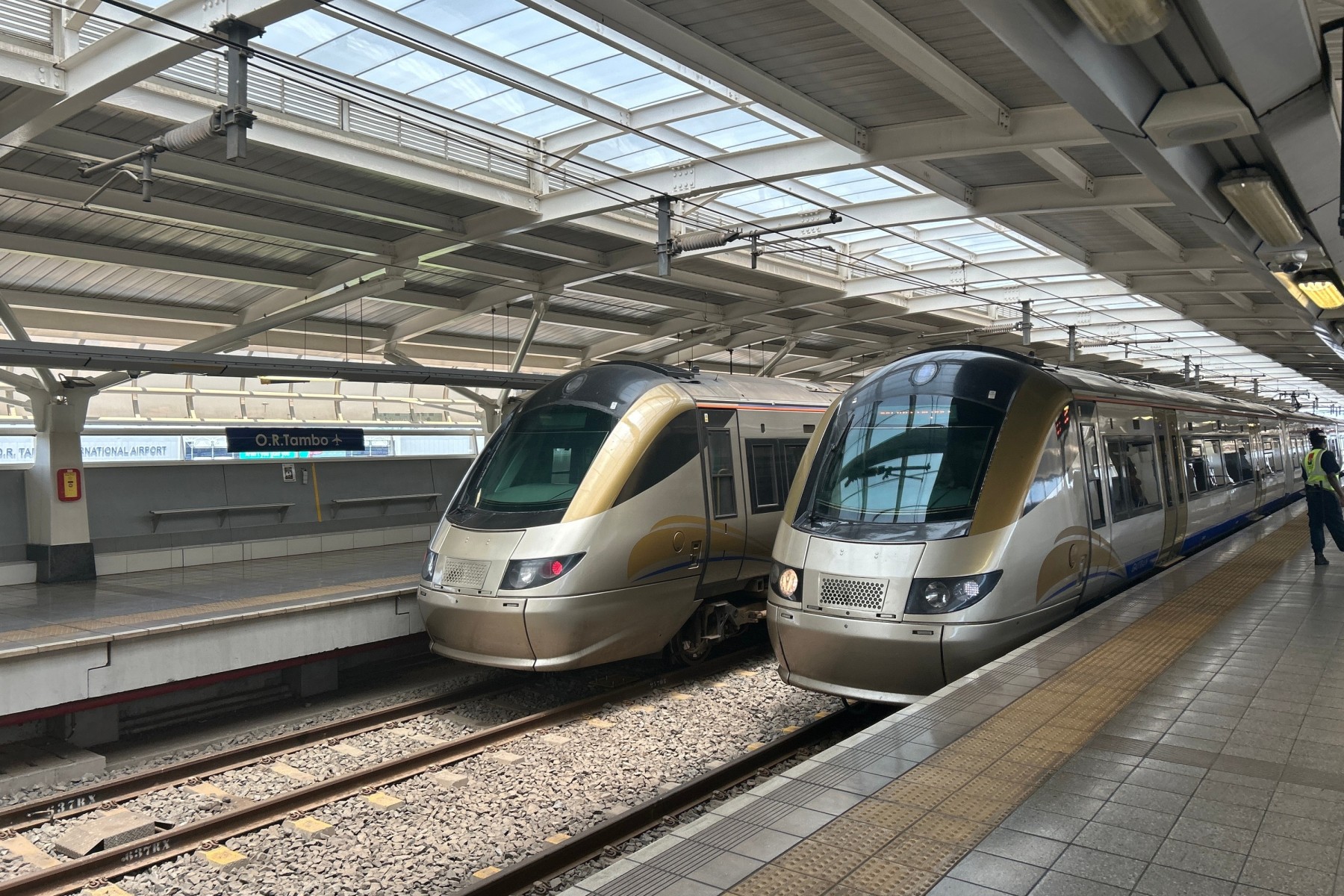
Johannesburg isn’t exactly known for its walkability, unless you live in a small pocket like Rosebank or Parkhurst. Getting around here is about choosing your transport strategy wisely. The city has made big investments in modern public transport, but whether it works for you will depend heavily on where you live, work, and play.
The Gautrain game-changer (if you live near it)
Completed in 2010, the Gautrain is Joburg’s pride and joy when it comes to public transport. It's a world-class rapid rail system with two main routes:
- North–South line: Links Johannesburg with Midrand and Pretoria.
- East–West line: Connects Sandton with OR Tambo International Airport.
If you’re lucky enough to live and work near a station, the Gautrain is clean, safe, punctual, and can save you a serious amount of cash.
To give you an example of this cost saving:
A monthly ticket between Sandton and Pretoria costs R3,254. That’s roughly half the petrol bill you’d rack up driving the same route in an average-consumption car.
The caveat? The airport link is noticeably pricier per trip, and most Joburgers live too far from a Gautrain station for it to be their daily commute option.
Gautrain ticket prices for key routes
|
Route |
Peak/Off-peak tickets |
Monthly ticket |
|
Sandton to Pretoria |
R70/R87 |
R3,254 |
|
Park Station to Sandton |
R32/R40 |
R1496 |
|
Sandton to OR Tambo |
R219 |
N/A |
Travelling by bus, taxi or minibus taxis
The Rea Vaya bus network was designed to be Joburg’s answer to rapid bus transit, linking Soweto to the CBD and surrounding areas. It’s affordable and comfortable, but uptake has been slow due to limited coverage and inconsistent service.
That’s why many working-class commuters still rely on minibus taxis, which have been the backbone of Joburg’s transport for decades. They’re cheap and frequent, though not always the most comfortable or safest option.
Minibus taxi fares:
- Short local trips: Around R12.50
- Joburg to Pretoria: Around R50
Uber, Bolt, and E-Hailing
For evening travel or destinations not covered by buses or trains, Joburg’s Uber rates are low by international standards, at R10 per off-peak kilometre. However, in such a spread-out city, Uber bills can mount a bit higher than in compact central Cape Town.
If you live near a Gautrain station, it can be your most reliable and cost-efficient option. If not, you’ll likely use a mix of minibus taxis, Ubers, and the occasional bus. Many Joburgers still find a private car the most practical choice. It’s worth doing the maths before committing to buying a car. Petrol, insurance, and traffic can quickly outweigh the convenience.
The cost of owning your own car in Joburg
If you'll need to run a car to get around in Jozi, here's what you can expect to pay.
Fuel prices
The Department of Mineral Resources and Energy (DMRE) announced these official inland prices (Gauteng/Johannesburg) effective 6 August 2025:
| Fuel type | Price per litre |
| Petrol 93 (ULP & LRP) | R21.79 |
| Petrol 93 (ULP & LRP) | R21.87 |
| Diesel 0.05% sulphur | R19.35 |
| Diesel 0.005% sulphur | R19.41 |
What does that mean for you?
- A 50-litre tank of petrol 93 will now cost you around R1,089.50, saving you roughly R14 compared to last month.
- Diesel drivers are paying around R31 to R33 more per 50-litre fill-up than in July.
Costs of owning a car (monthly breakdown)
If you’re buying rather than borrowing rides, fuel is just the start. For a mid-range, fuel-efficient hatchback or sedan, the average monthly cost looks like this:
| Expense | Monthly average cost |
| Car loan repayment | R6,700 |
| Fuel (115 litres of petrol at R21.87) | R2,520 |
| Insurance (varies according to driver's profile) | R1,800 |
| Maintenance & tyres | R475 |
| Licence and registration (Annual, divided monthly) | R50 |
| Depreciation | R4,500 |
| Total | R16,045 |
What does entertainment cost in Johannesburg?
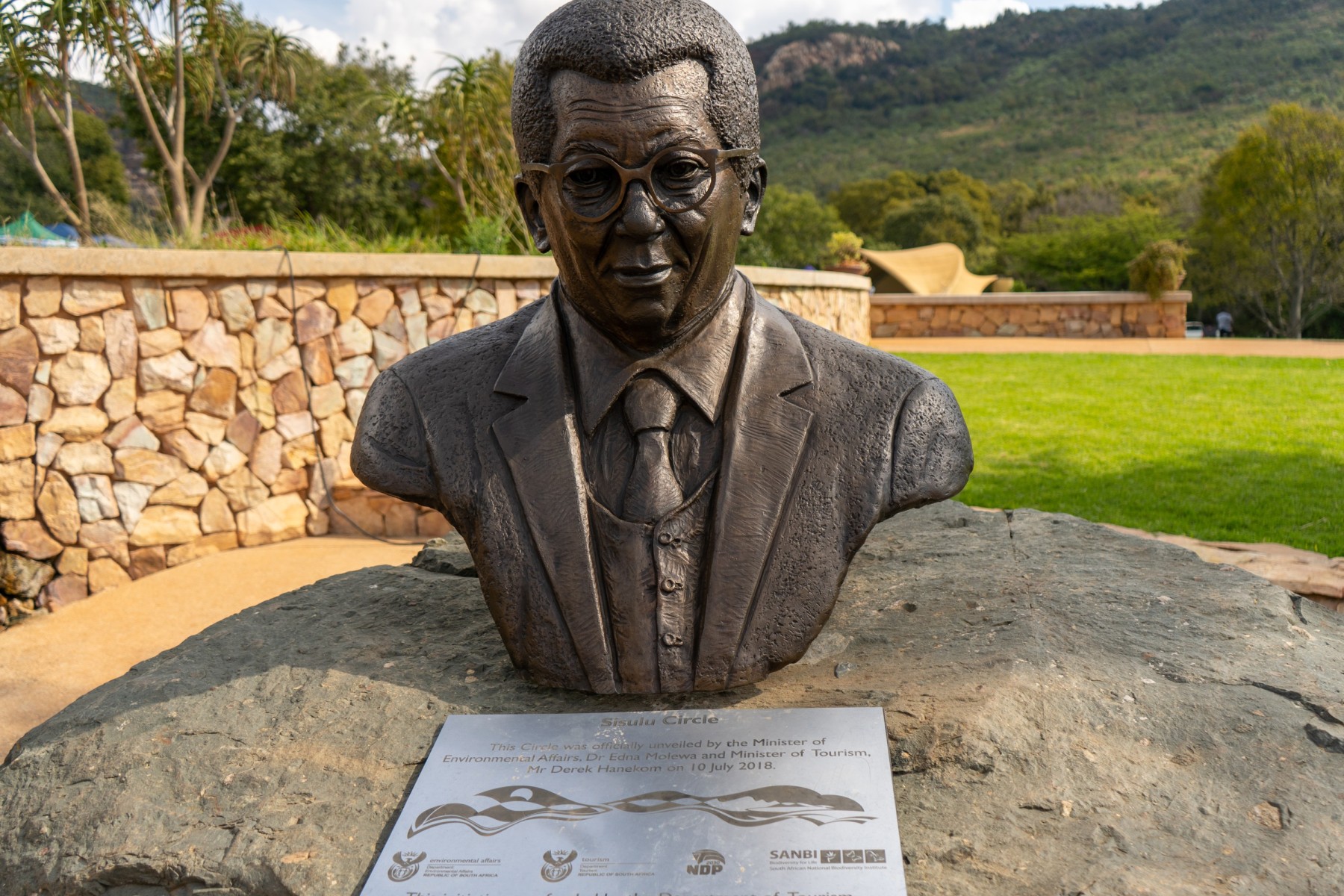
If you know where to look, Jozi weekends can be gold. And not just in the 'City of Gold' sense. Some of the best stuff here doesn’t cost much more than a cappuccino (and sometimes, not even that).
Outdoor adventures
For all the walkers, runners, and cyclists out there, there’s a Jozi park with your name on it.
Emmarentia Dam (Greenside): Here you'll find dog walkers and canoeists abound, and picnics that last all day. Plus, entry is free.
Delta Park (Craighall/Linden): flat-out perfect for cycling, park runs, and a lazy afternoon under the trees. As a bonus, entry is free.
The Wilds (near CBD): A secret garden with quirky animal sculptures, indigenous plants, and skyline views. Also, free entry.
For the nature lovers
Head to Walter Sisulu National Botanical Gardens in Roodepoort. It's a beautiful haven for waterfall views and birdwatching, with lawns perfect for a barefoot nap. Entry is R100 for adults and R25 for kids.
You’ll find more green escapes in our Best Parks and Nature Reserves in Johannesburg guide. There are some so quiet you’ll forget you’re in a major city.
Urban culture and weekend markets
- Neighbourgoods Market (Braamfontein, Saturdays): Plenty of gourmet street food, local fashion stalls, live DJs, rooftop city views. While entry is free, expect to spend between R80 and R150 per meal and R40–R60 per drink.
- Arts on Main (Maboneng, Sundays): Wander through art galleries, grab coffee, and shop at small food and craft vendors. Free entry, with meal options between R60 and R120. Coffee prices sit between R30 and R40.
Live music and nightlife
From jazz to rock, the Jozi music scene is buzzing. Check out the Orbit, Radium Beerhall, or small local indie venues. Tickets can set you back anywhere between R150 and R300, with drinks from R40.
Sports and activities
- Padel/Tennis: R100–R300 per game.
- Indoor climbing: Around R200 for a day pass (gear hire extra).
- Golf: Green fees are between R300 and R500 (depending on the golf course).
- 5-a-Side Football: R60–R100 per player.
Many of the city’s best events are unadvertised and seasonal. Think free rooftop film screenings in summer or pop-up food festivals in trendy areas. Local Instagram accounts and neighbourhood WhatsApp groups are gold for last-minute finds.
Need more inspiration? Our Top Things to Do in Johannesburg guide is full of hidden rooftops, buzzing markets, and neighbourhood gems you won’t find in a brochure.
What does education cost in Johannesburg?
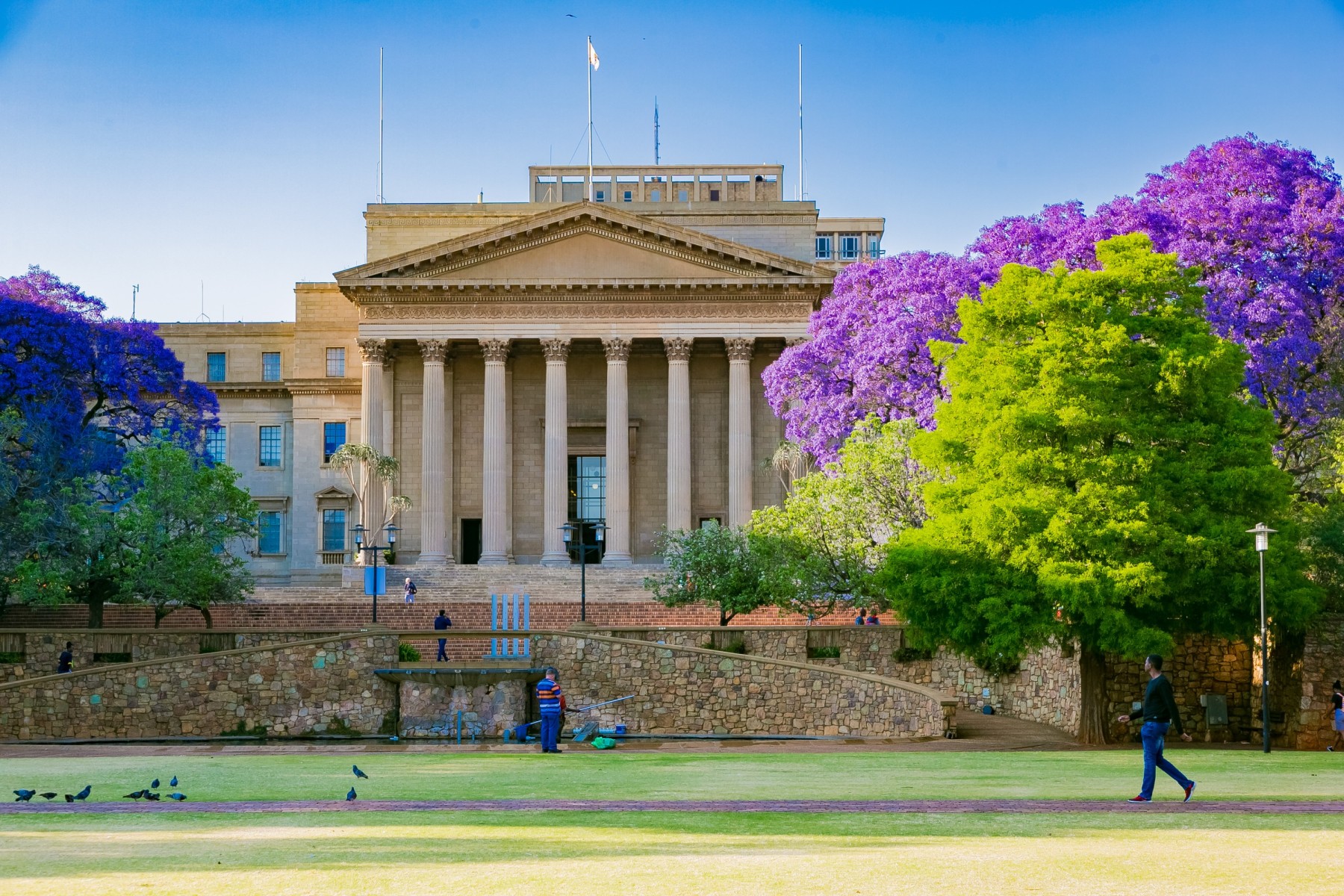
Johannesburg’s education scene is a mix of world-class universities, respected public “Model C” schools, and private institutions ranging from affordable faith-based academies to some of the most expensive schools in the country.
World-class universities
The city is home to two top universities in South Africa:
- University of Johannesburg (UJ): Known for its strong engineering, business, and creative arts faculties.
- University of the Witwatersrand (Wits): Ranked 267th globally in the QS World University Rankings and internationally respected for health sciences, law, and palaeontology (thanks to its proximity to the Cradle of Humankind).
University fees
- South African undergraduate annual fees are between R35,000 and R70,000, depending on the programme.
- International students (outside SADC) generally pay double the local rate.
Public schools (affordable, but competitive)
Johannesburg has fewer top-performing public schools compared to Cape Town, so places are competitive. The best are usually former Model C schools. This essentially means they are state-funded but supported by significant parent contributions.
Top public schools in Joburg and 2025 annual fees
- Parktown Boys’ High School (Parktown): Around R45,000 per year
- Roosevelt High School (Emmarentia): Around R36,000 per year
- Jeppe High School for Girls (Kensington): Around R42,000 per year
These schools typically offer strong academics, sports, and cultural programmes. If you want to secure a spot for your child, look at the school's admission zones. Also, make sure you submit your application early.
Private schools (from accessible to exclusive)
Private schooling is common among middle- and upper-income Joburg families. This is partly due to limited top-tier public school spaces. Fees range widely, depending on the school,
Joburg's top affordable, religious and alternative private schools
- Curro Aurora (Sundowner): From R95,000 per year for high school.
- Trinityhouse (Randpark Ridge): From R105,000 per year
- Reddford House (Northcliff): From R115,000 per year
Joburg's elite single-sex or heritage private schools
- St John’s College (boys, Houghton): R208,500 per year (day scholar), R352,850 per year (boarding)
- Roedean School (SA) (girls, Parktown): R218,877 per year
- King Edward VII School (boys, Houghton): Though technically public, it operates with private-school-level facilities and fees (R50,000 per year).
These schools often have historic reputations, extensive extracurricular programmes, and strong academic results. This means that waiting lists can be years long.
What does medical care cost in Johannesburg?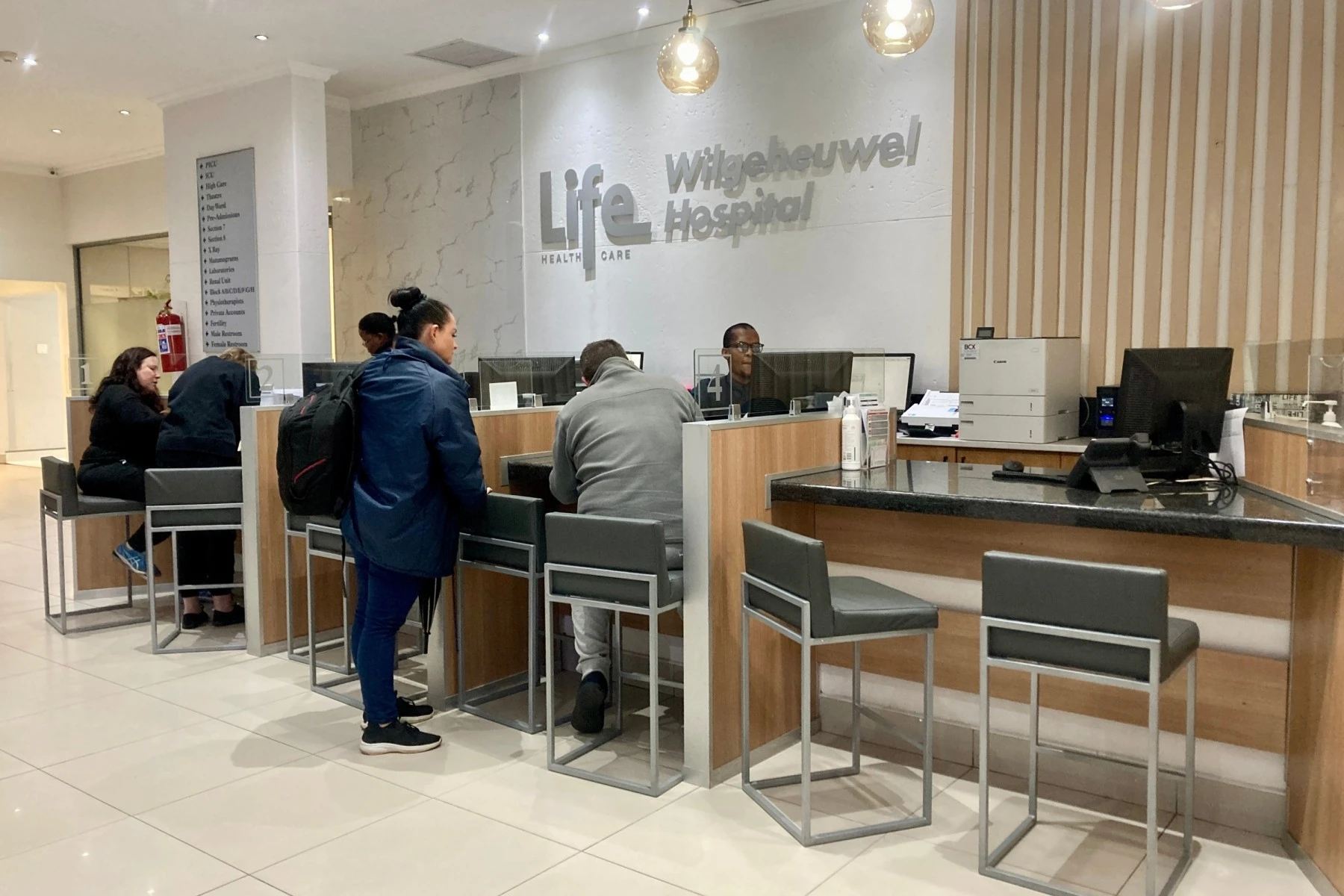
GP & Specialist Visits (Private)
- Private GP: This can cost you between R500 and R850 per consultation for general illnesses, check-ups, or minor procedures.
- Specialists: Expect to pay between R1,500 and R2,500 per appointment for disciplines like dermatology, cardiology, or orthopaedics.
Private clinics (e.g. Medicross, Intercare) generally match GP rates for basic consults but often include on-site labs or X-ray facilities.
Tip: Many GPs and specialists in Joburg accept direct billing to medical aid schemes, saving you the hassle of claiming back.
Public vs private hospitals
Public hospitals like Charlotte Maxeke and Helen Joseph provide low-cost or free care. The downside is that they often have long queues and are limited in resources.
Private hospitals (e.g. Netcare Milpark, Life Fourways, Mediclinic Sandton) offer shorter waits, modern facilities, and access to a wider range of specialists. This comes at a cost without medical aid.
Private hospital costs (without medical aid)
- General ward: R4,000 per night
- Private ward: R4,900 per night
- ICU: From R16,000 per night, excluding surgeon or anaesthetist fees
Medical aid costs
As South Africa's public healthcare system is under pressure, most middle-class and expat families opt for medical aid (private health insurance).
Here's what you can expect to pay according to plan:
- Basic hospital plan: From R1,400 per beneficiary (covers emergencies and hospital stays only).
- Saver/Comprehensive plan: Ranging from R3,500 to R6,500 (covers GP visits, day-to-day meds, specialists, dental, and optometry).
- Top-tier plans: Between R8,000 and R10,000 or more (often chosen by those with chronic conditions or needing international cover).
Examples of well-known providers in Joburg include Discovery Health, Momentum Medical Scheme, Bonitas, and Fedhealth.
What do people earn in Johannesburg?
Johannesburg might be South Africa’s economic powerhouse, but pay packets here are far from uniform. The average monthly salary in 2025 is about R28,300 before tax. After tax, that works out to roughly R24,000 for a mid-level professional.
Of course, this is just an average, and averages can be misleading. Jozi is home to over 12,000 millionaires and a healthy slice of high earners in finance, mining, tech, and law. But most residents earn far less. Many Johannesburg households live on a combined income closer to R14,000 per month.
Even if you’re not in the top bracket, Johannesburg offers better career opportunities than most cities in South Africa. Housing costs are also generally lower than in Cape Town.
That mix of earning potential, job variety, and a lifestyle that stretches your rand is Joburg’s golden ticket. It’s what keeps people moving here, whether for a corporate promotion, to start a business, or simply to get more space for their money.
Make a wise move to Joburg
Living in Joburg in 2025 means choice. You can go budget-friendly and still enjoy the good life, or splash out and live in the city’s most exclusive suburbs. Either way, with smart planning and the right suburb pick, you can have a comfortable, exciting lifestyle without burning through your bank account.
To make a wise move to and within the City of Gold, start with our Jozi Relocation Guide for tips, checklists, and more. Then use Wise Move to find and book the best moving companies in Johannesburg. Just enter your new address, itinerary, and any special requests, and you’ll get quotes from vetted movers ready to help. That’s one less thing to stress about when you’re making a big, life-changing move.
What do our customers say?

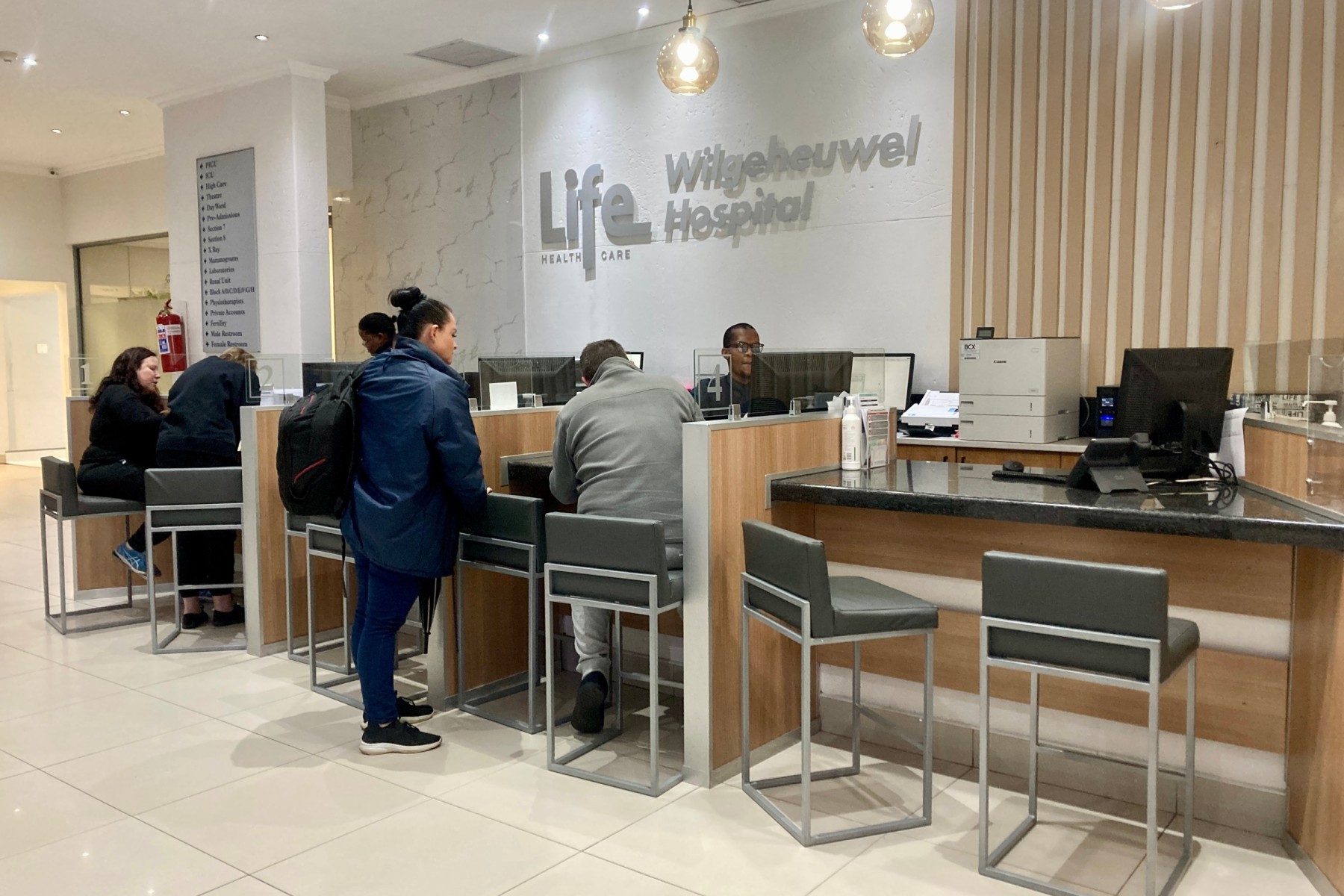
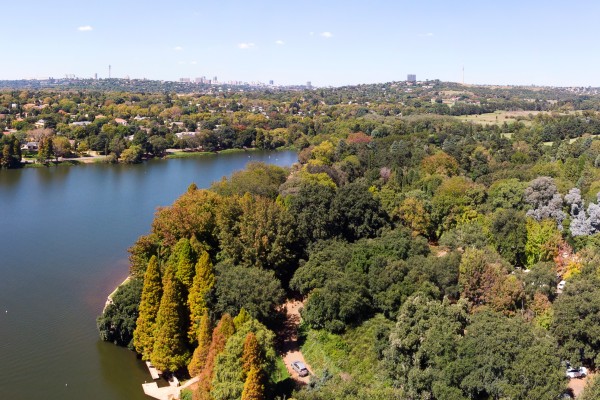
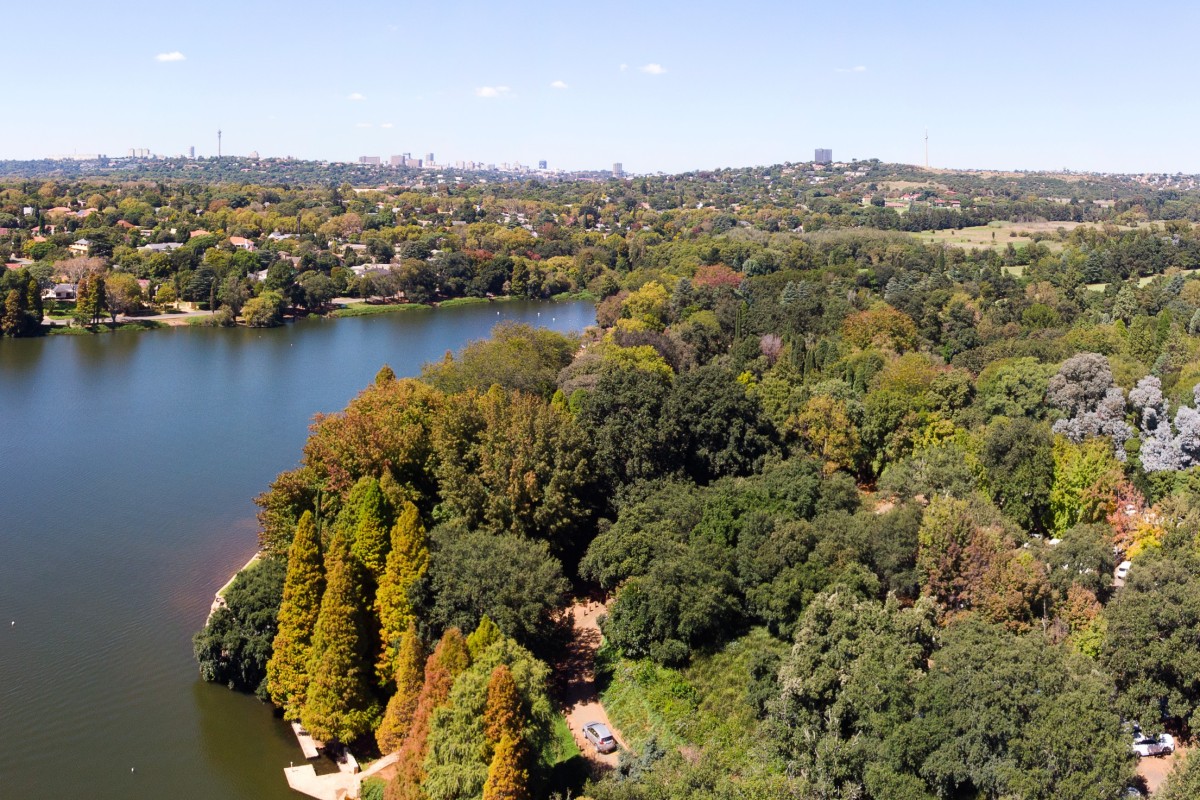
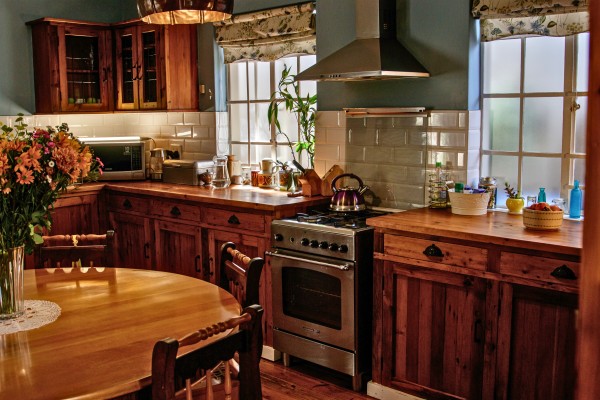
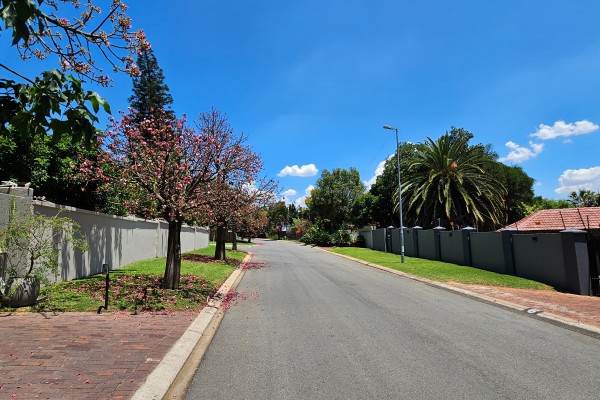
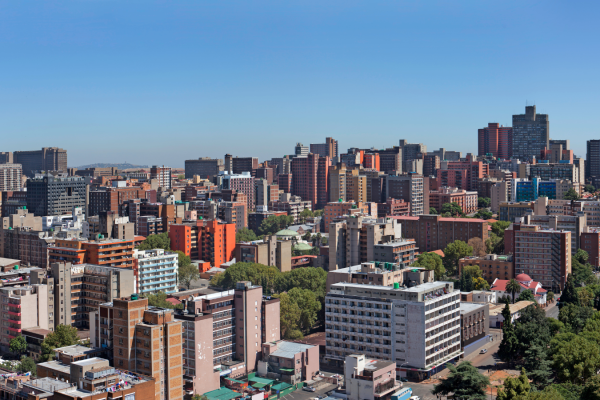

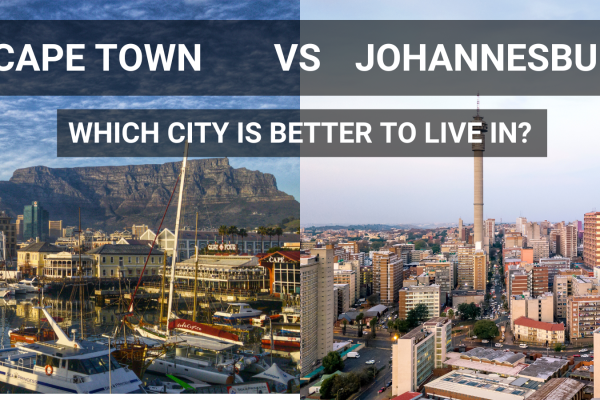
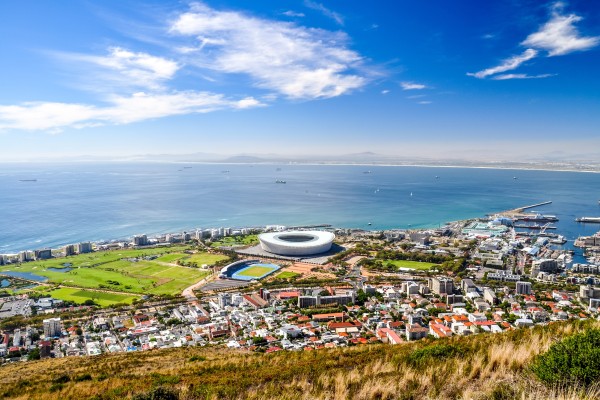
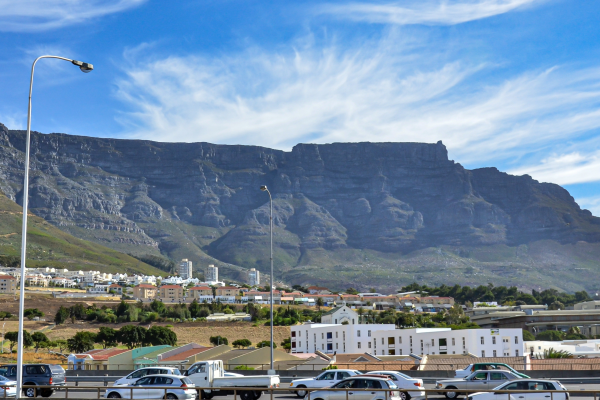
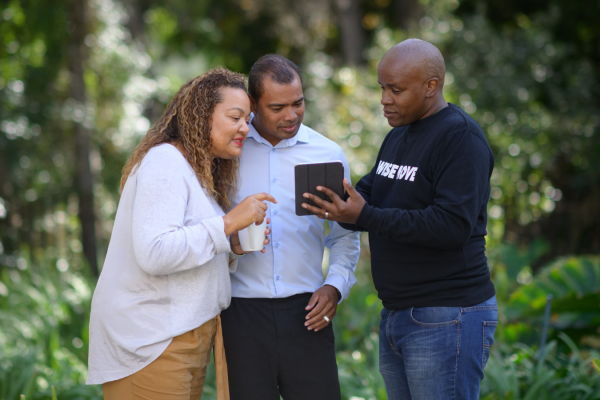
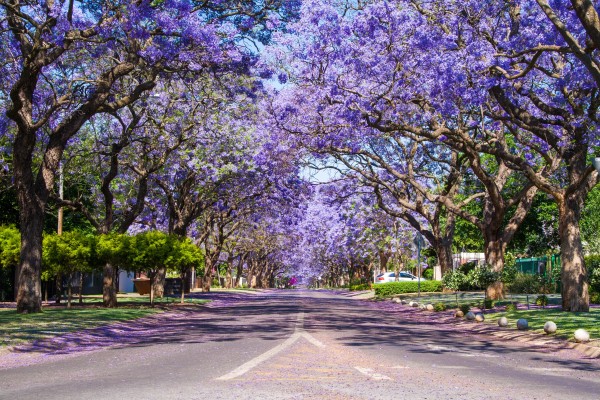

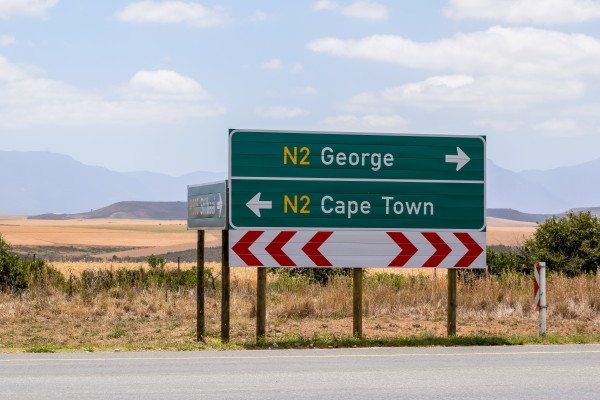
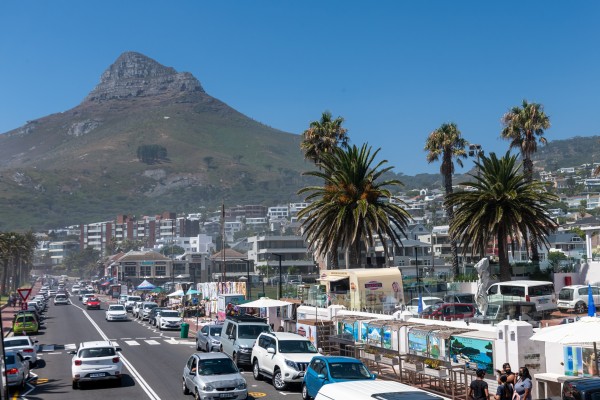
![The Cost of Living in Durban [2025] The Cost of Living in Durban [2025]](https://cdn.wisemove.co.za/image/blog/33d6922f3018eeb43ebed98163e7b2cd.jpeg)
